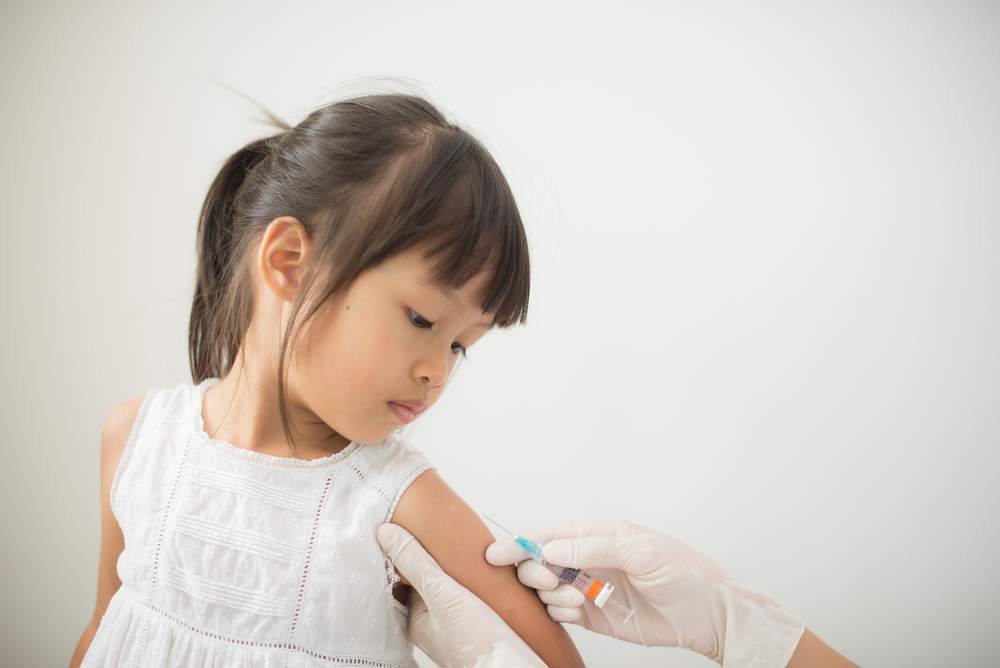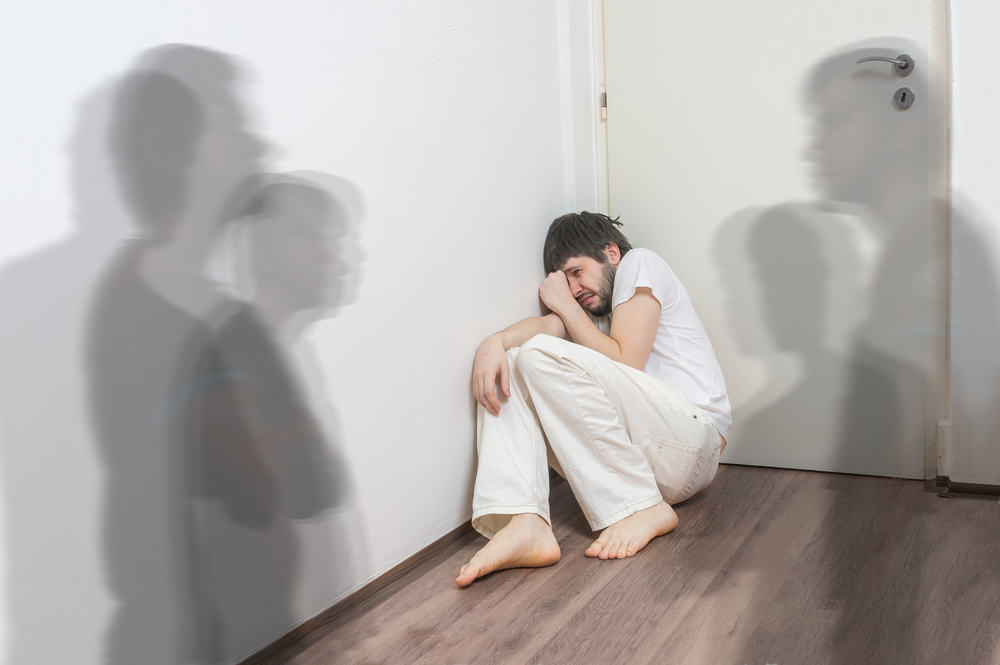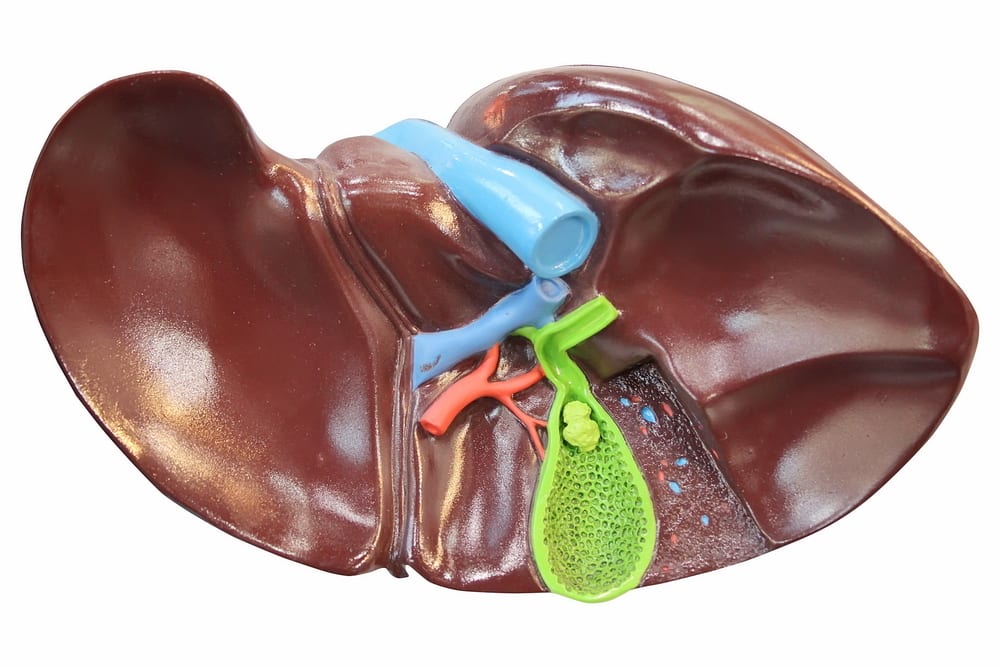Contents:
- Medical Video: Flu Vaccine Side Effects
- Side effects of immunization
- 1. Pain at the injection site
- 2. Syringe phobias
- 3. Redness and swelling occur at the injection site
- 4. Symptoms like wanting to get the flu
- When to see a doctor?
- So, is immunization safe for children and adults?
Medical Video: Flu Vaccine Side Effects
Immunization (also known as the vaccine) is very effective in preventing infectious diseases. However, in some cases immunizations can also have certain side effects. These side effects often make parents afraid to give their children immunization. Well, it's important for you to find out what side effects of immunization might occur so that you are no longer afraid to get immunized.
Side effects of immunization
Immunization or vaccines, like other drugs, do have side effects. However, serious side effects rarely occur. In general, immunization will only cause mild side effects and will disappear on its own within a few days. So, you don't need to worry. The risk of immunization side effects is far lower than the risk of getting an illness that can actually be prevented by immunization.
Each immunization has its own side effects. However, the most common side effects include the following.
1. Pain at the injection site
You may feel pain in the part that was injected. However, this is natural and not harmful. Pain when injected can be avoided by holding a rubber ball, doll, or other soft object.
You can also trick your own mind by imagining you will be injected in other parts of the body, not in the arms or thighs as they should. This will help you divert attention from the pain in the part of the body that is actually injected.
2. Syringe phobias
Children or adults can experience needle phobia as one of the side effects of immunization. Although it is rare, some people who have syringe phobias can faint.
If you or your child has a needle phobia, discuss it first with health professionals who will give immunizations so that they can prevent immunization patients from fainting.
3. Redness and swelling occur at the injection site
After giving immunization, a reaction may arise such as redness, swelling, and bruising on the part of the body that was injected. Calm down, cold compresses can help relieve discomfort and reduce the swelling that appears at the location of the immunization injection.
This reaction can occur in one in four children who get immunized. These symptoms will appear after immunization and will disappear on their own within one to two days.
4. Symptoms like wanting to get the flu
After immunization, you or your child may experience symptoms as if you were infected with a flu virus. Symptoms include:
- Mild fever
- Gastric pains
- Gag
- Appetite decreases
- Headache
- Anxiety and aches
Immunization works by imitating the way the infection works. Therefore, immunization sometimes has an effect as if your body is infected with a virus. This "infection" does not cause disease, it will train the body to build immunity to disease.
When to see a doctor?
Serious side effects of immunization are very rare. However, in rare cases, one can experience the things below.
- Severe allergic or anaphylactic reactions are characterized by difficulty breathing and decreased blood pressure.
- Seizures.
- High fever.
- Stiff joint or muscle pain.
- Lung infection.
If you or your child shows signs of serious side effects like the above or you are worried, immediately seek emergency medical help or see a doctor.
So, is immunization safe for children and adults?
It is highly recommended for you or your child to get immunizations. Because the side effects of immunization are usually only mild side effects that can be overcome at home, while serious side effects rarely occur.
In addition, immunization has been declared safe and always supervised by various official bodies in Indonesia. Among them are the Ministry of Health and the Food and Drug Supervisory Agency (POM).












